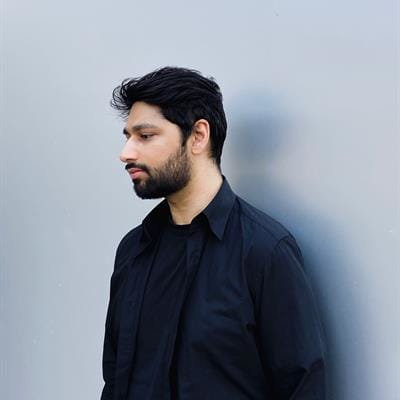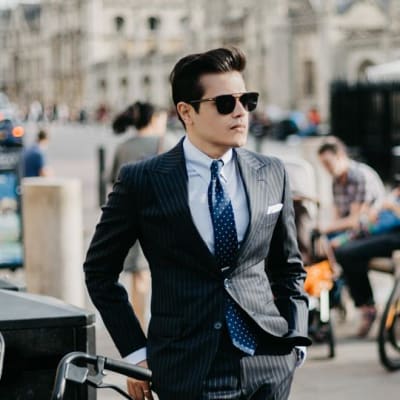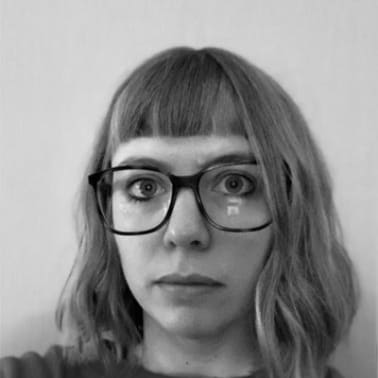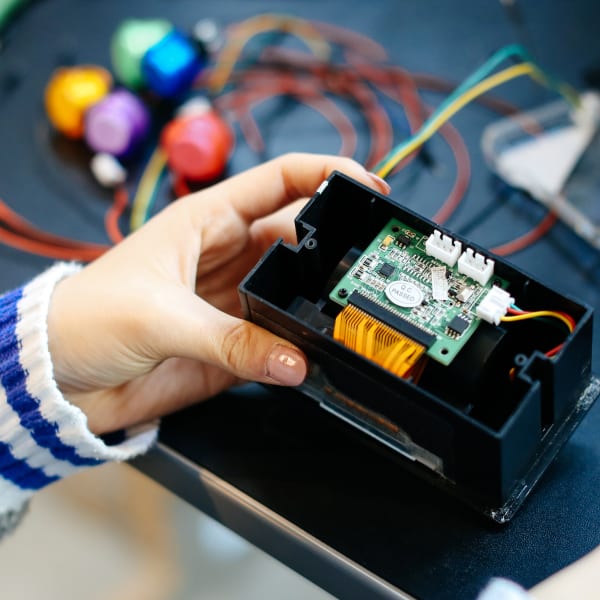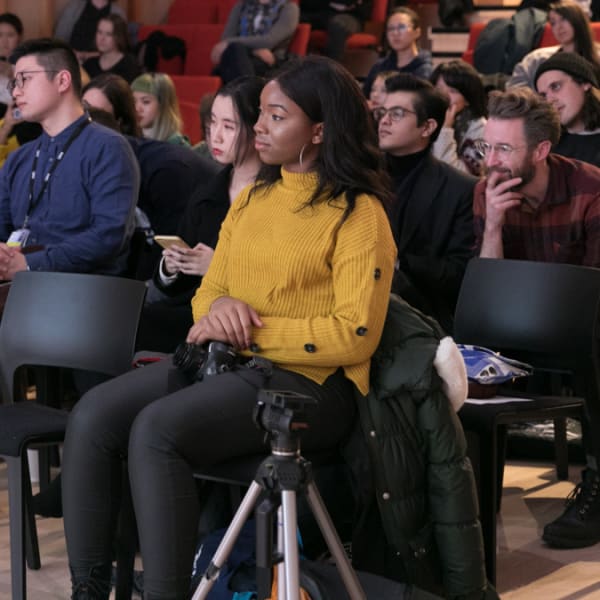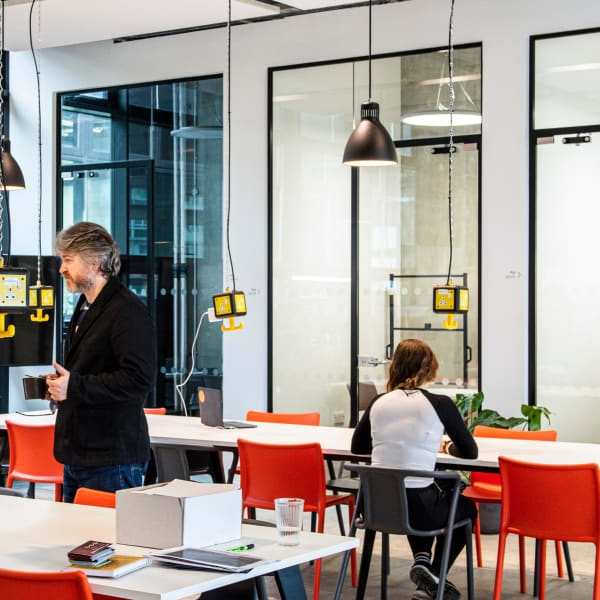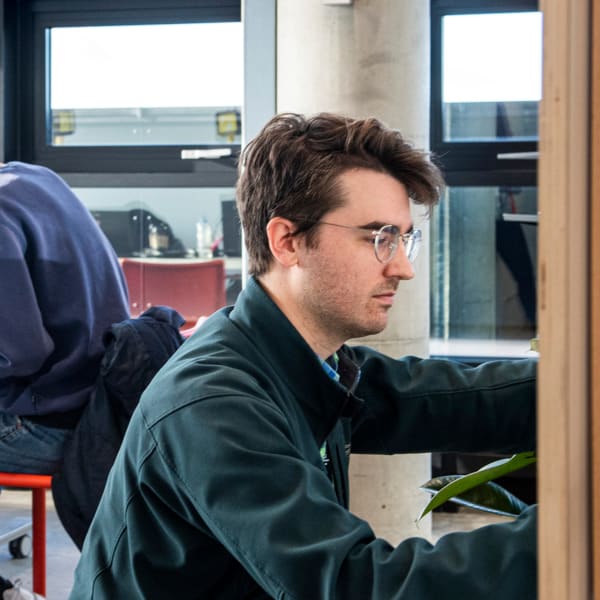Course units
Terms One/Two
This first half of the course sees students’ study three units (1, 2, 3) in parallel and aims to give an intense grounding in creative coding, computational concepts and creative computing practice.
Unit 1: Creative Coding: Methods and Frameworks (20 Credits)
This unit aims to take students with varying creative coding experience and give them a solid grounding in key coding languages for creative computing and key computational concepts. This will be delivered in up to four hours a week of coding classes that cover JavaScript, P5.js and Python.
Unit 2: Computational Futures: Cognitive Systems (20 Credits)
This unit is designed to provide students with an interdisciplinary approach to central questions in artificial intelligence (AI) and cognitive science. Students will explore our understanding of intelligence through human and non-human minds in order to think creatively and critically about how artificial agents might act in the world given the rise of machine learning, robotics and other cognitive systems.
Unit 3: Creative Practice: Material Forms and Physical Computing (20 Credits)
This unit focuses on the material application of Physical Computing. Building upon skills gained in the Creative Coding unit and students will produce creative projects using components such as sensors and actuators. This application of coding skills will include an introduction to physical computing and electronics prototyping with platforms such as Arduino.
Terms Two/Three
This second half of the course sees students’ study three units (3, 4, 5) in parallel and aims to give students an opportunity further develop their creative practice through a mix of team projects and critical briefs.
Unit 4: Creative Coding: Critical Infrastructures (20 Credits)
This unit builds on the computational futures and creative practice units and programming skills learned in these units. The aim of this unit is to further develop hands-on computing skills and your ability to think creatively and critically about the development of contemporary computing technology infrastructures and their wider social impact.
Unit 5: Computational Futures: Machine Learning (20 Credits)
This unit explores the emerging area of Machine Learning through creative applications as well as critical debates around datasets, ethics and autonomous systems. Students will explore ways in which machine learning models for computer vision, natural language processing and synthetic data can be integrated into digital and physical practices.
Unit 6 Creative Practice: Computational Environments (20 Credits)
This unit builds on the creative practice developed earlier in the course and explores scaling that practice by developing spatial interventions. Students will explore projection mapping, computer vision and sound tools to explore computational environments.


